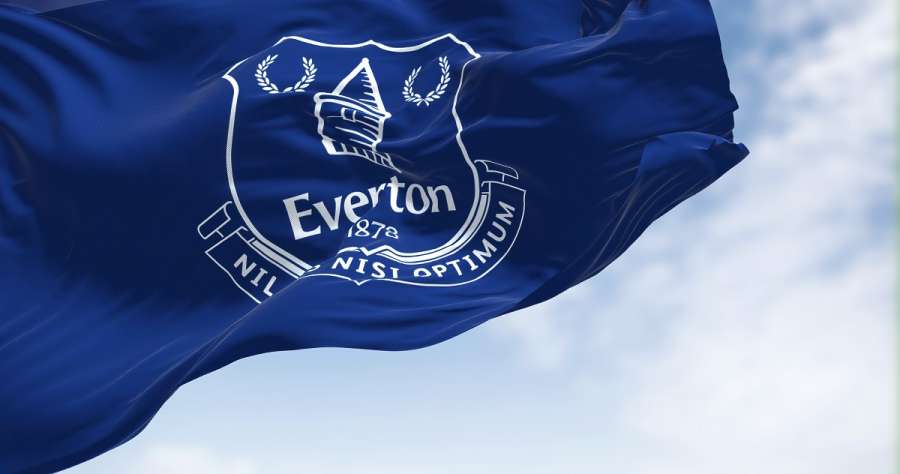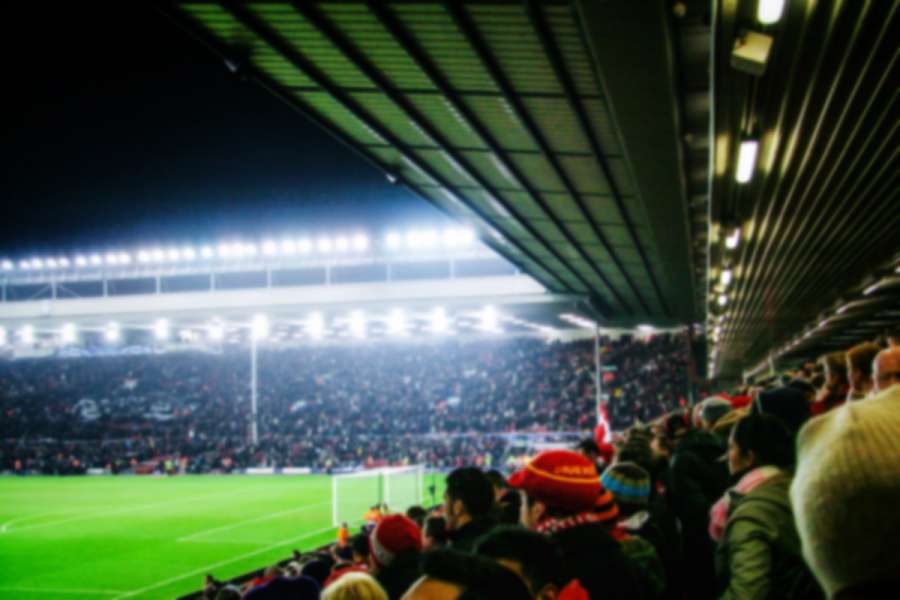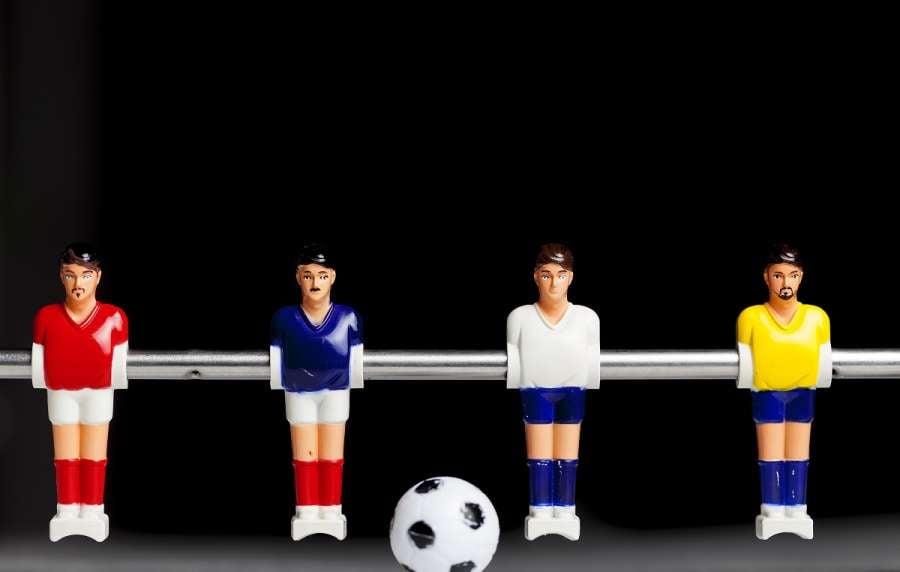News of Everton Football Club’s takeover agreement may have made headlines last Friday, but within the leisure industry itself, it represents the continuation of a pre-existing trend of private equity (PE) investment in sport.
Takeover deal agreed between Everton and 777 Partners
It was announced on Friday, 15 September, that 777 Partners, a private equity firm based in Miami, had agreed to buy Farhad Moshiri’s 94.1 per cent shareholding in Premier League side Everton Football Club.
The exact sum agreed has not been revealed, but the public has been told in a Club Statement that the purported takeover would allow for the “complete financing” of the Merseyside club’s new stadium.






